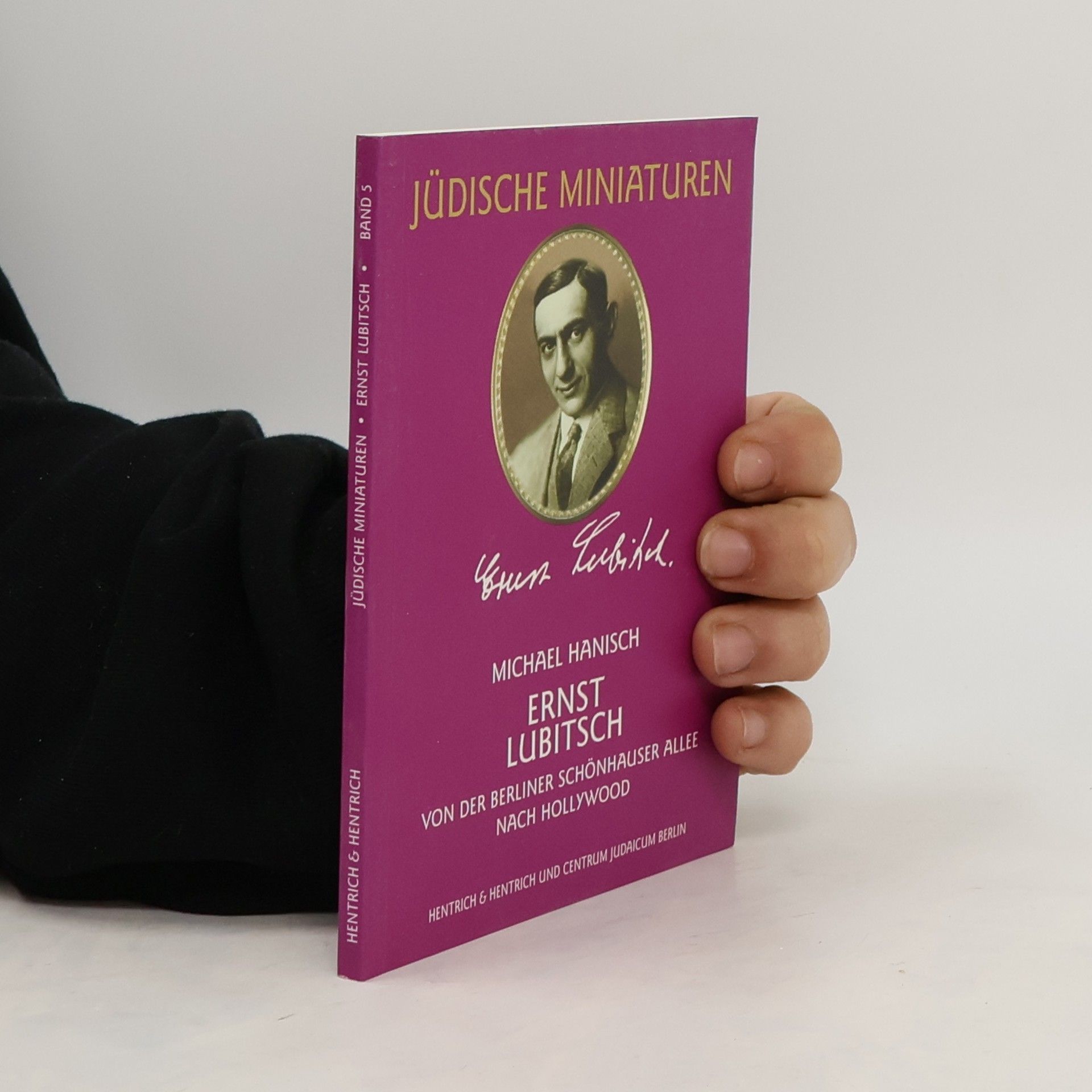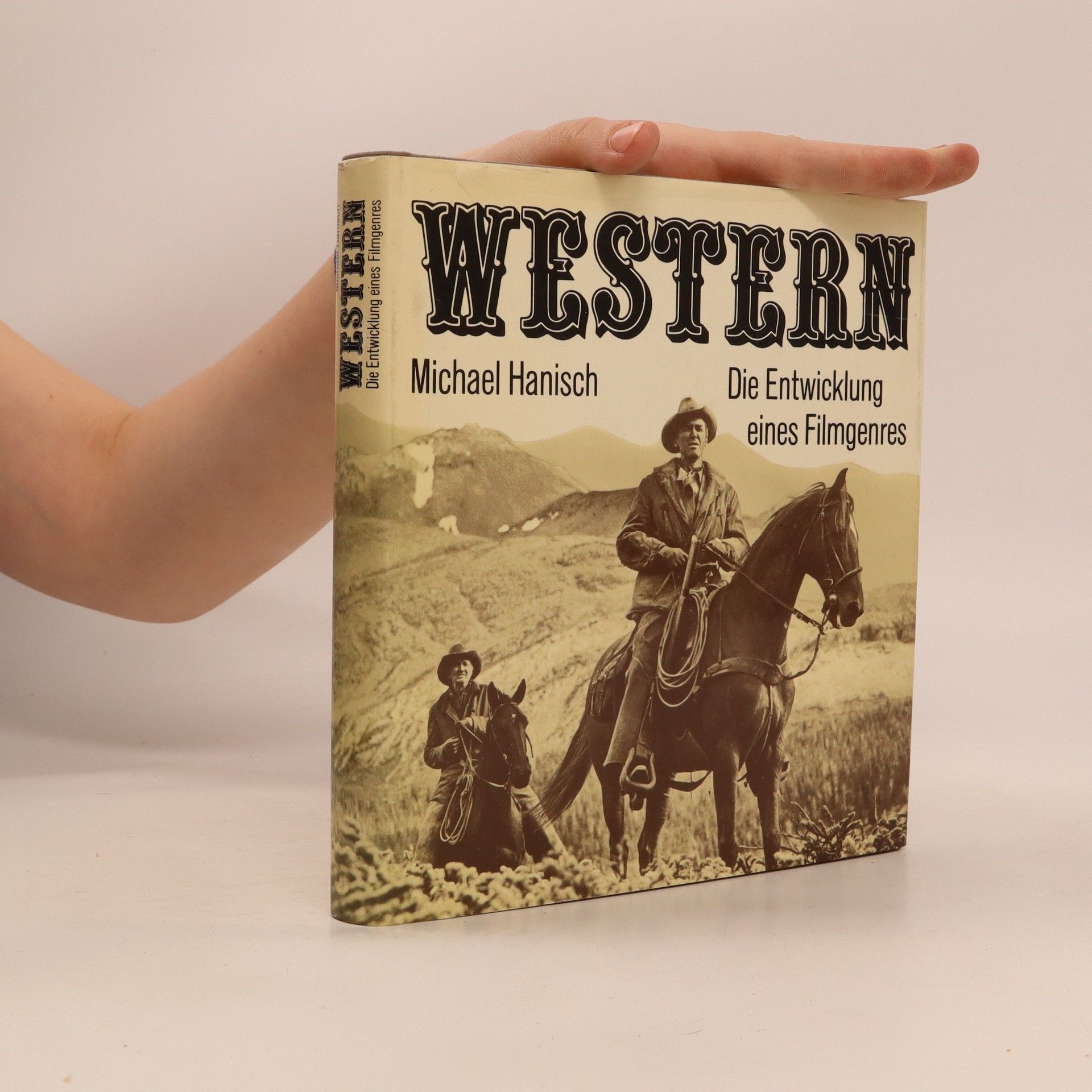Michael Hanisch Knihy
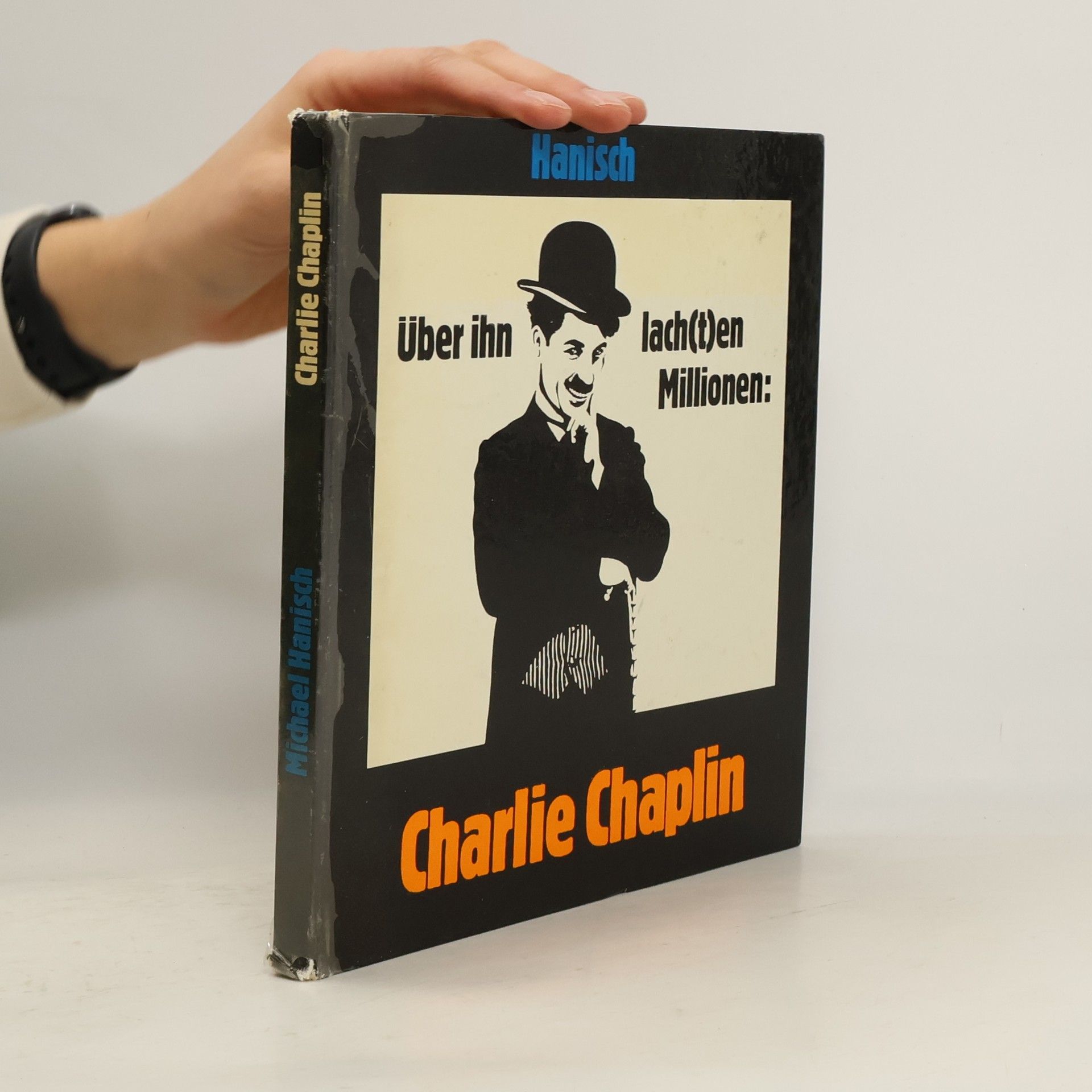
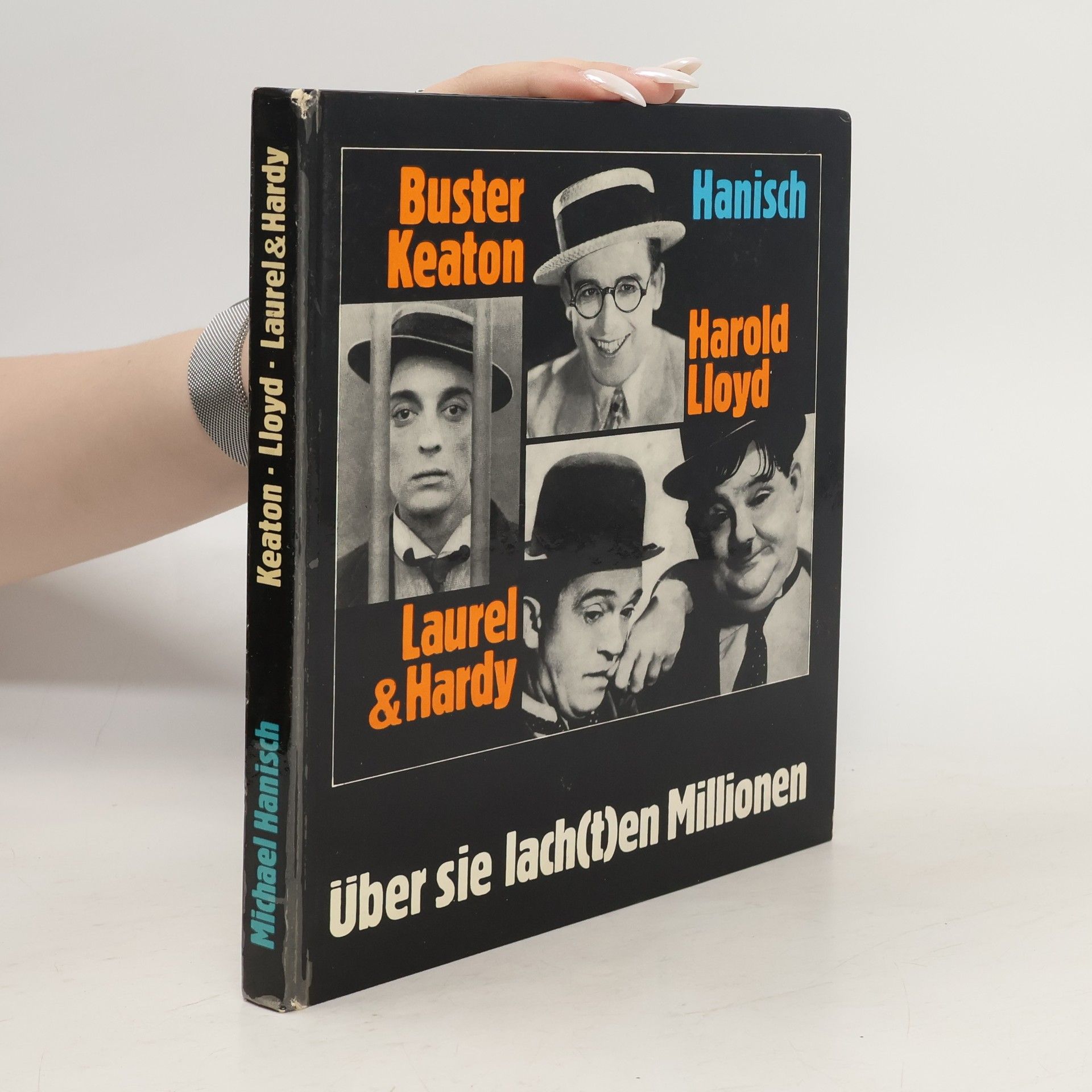
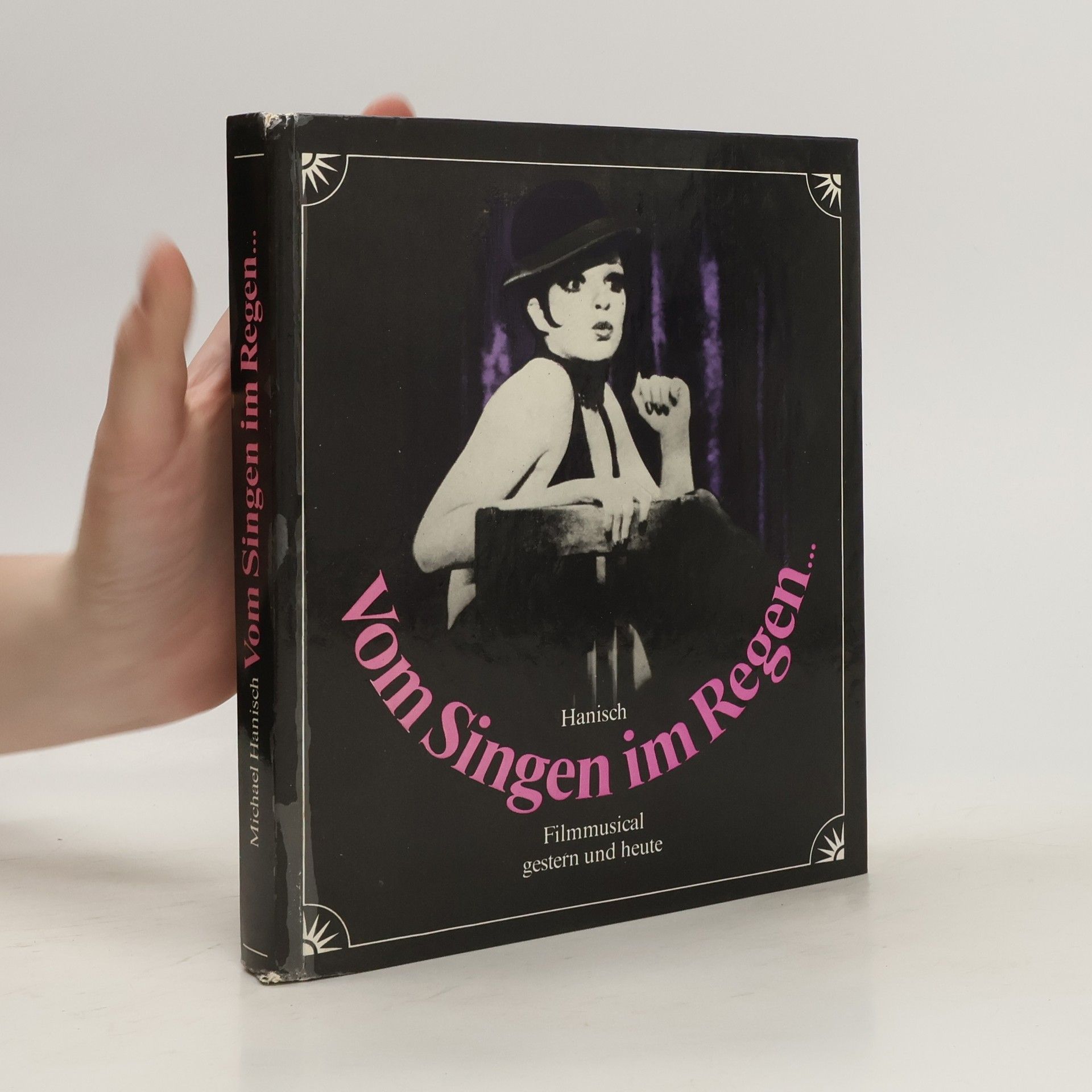
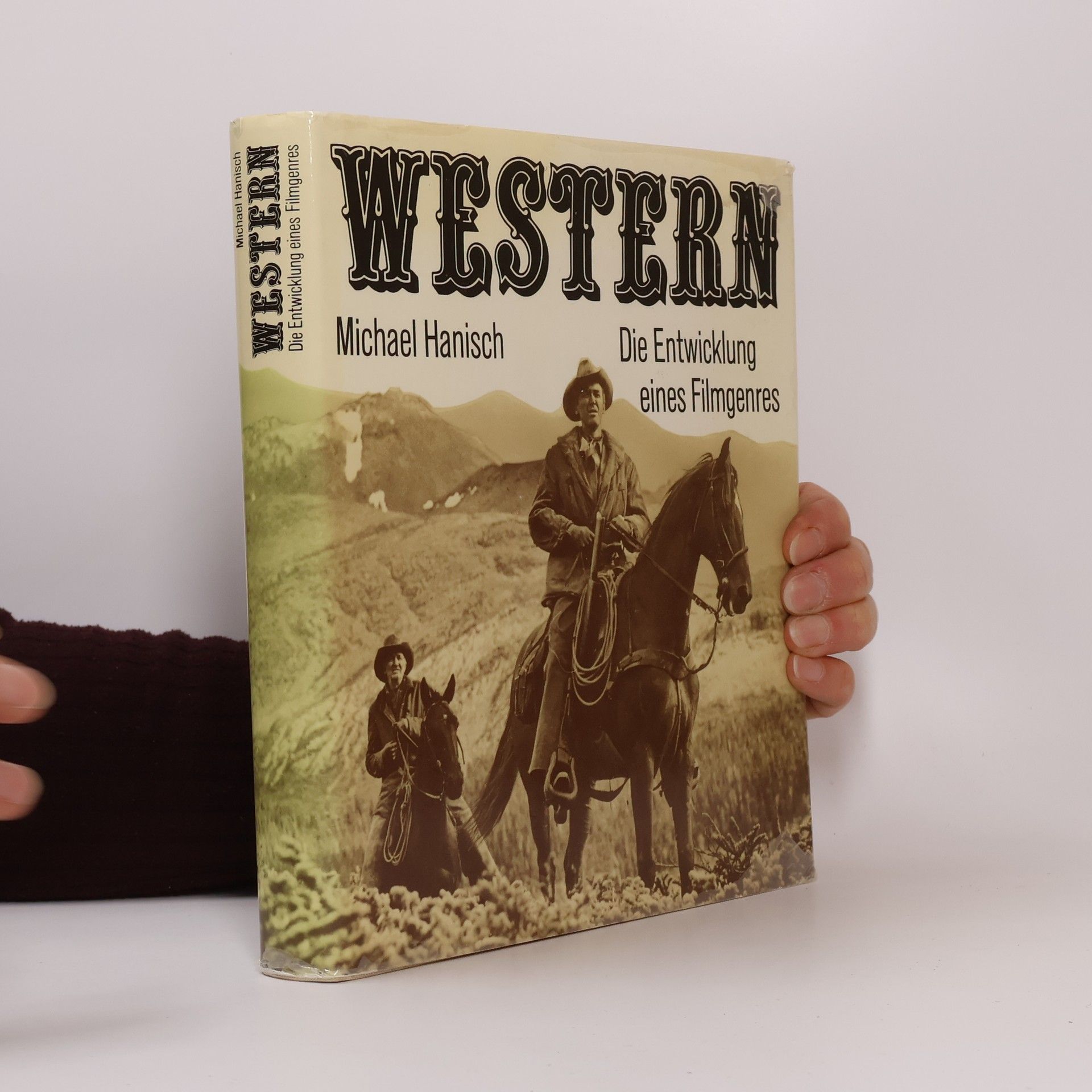
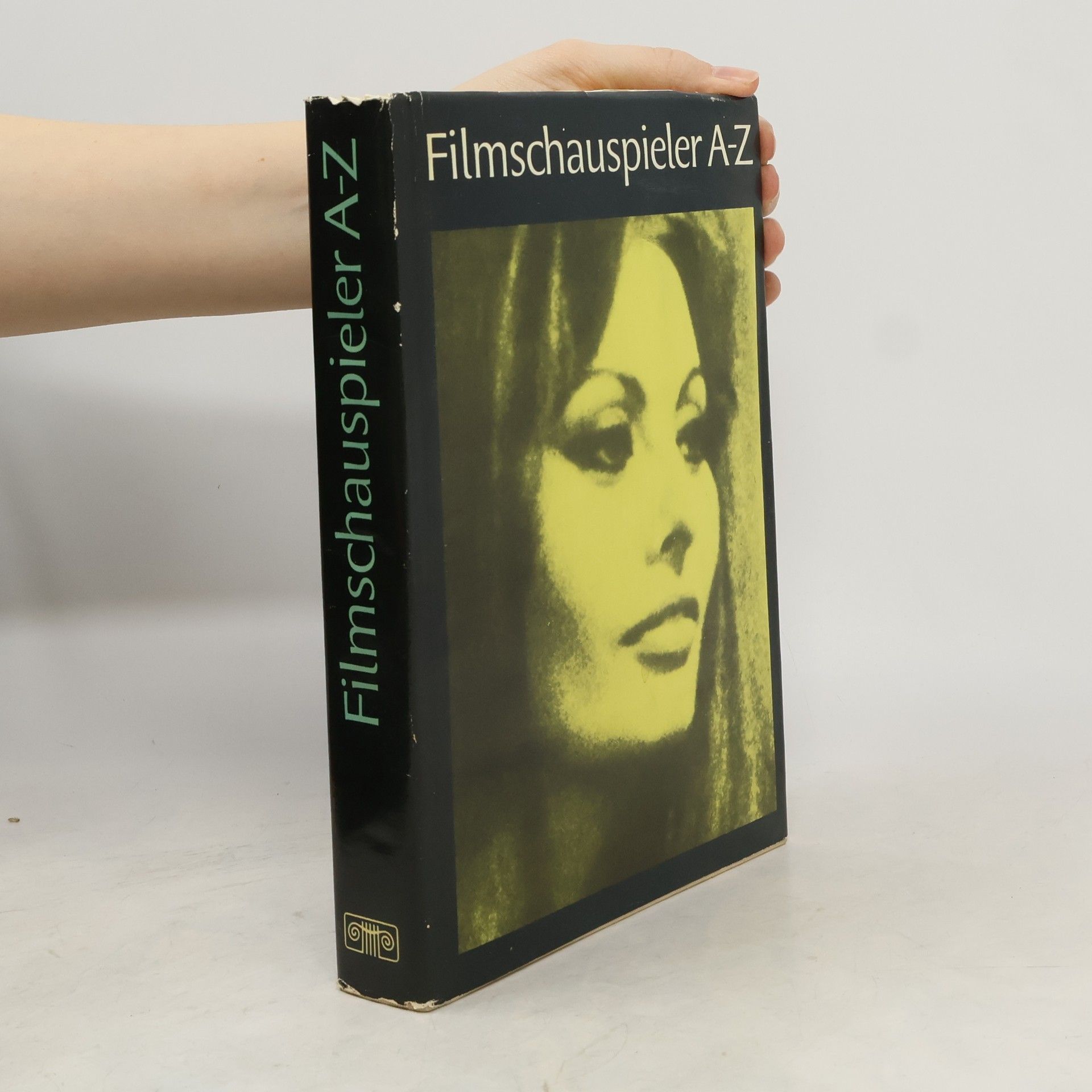
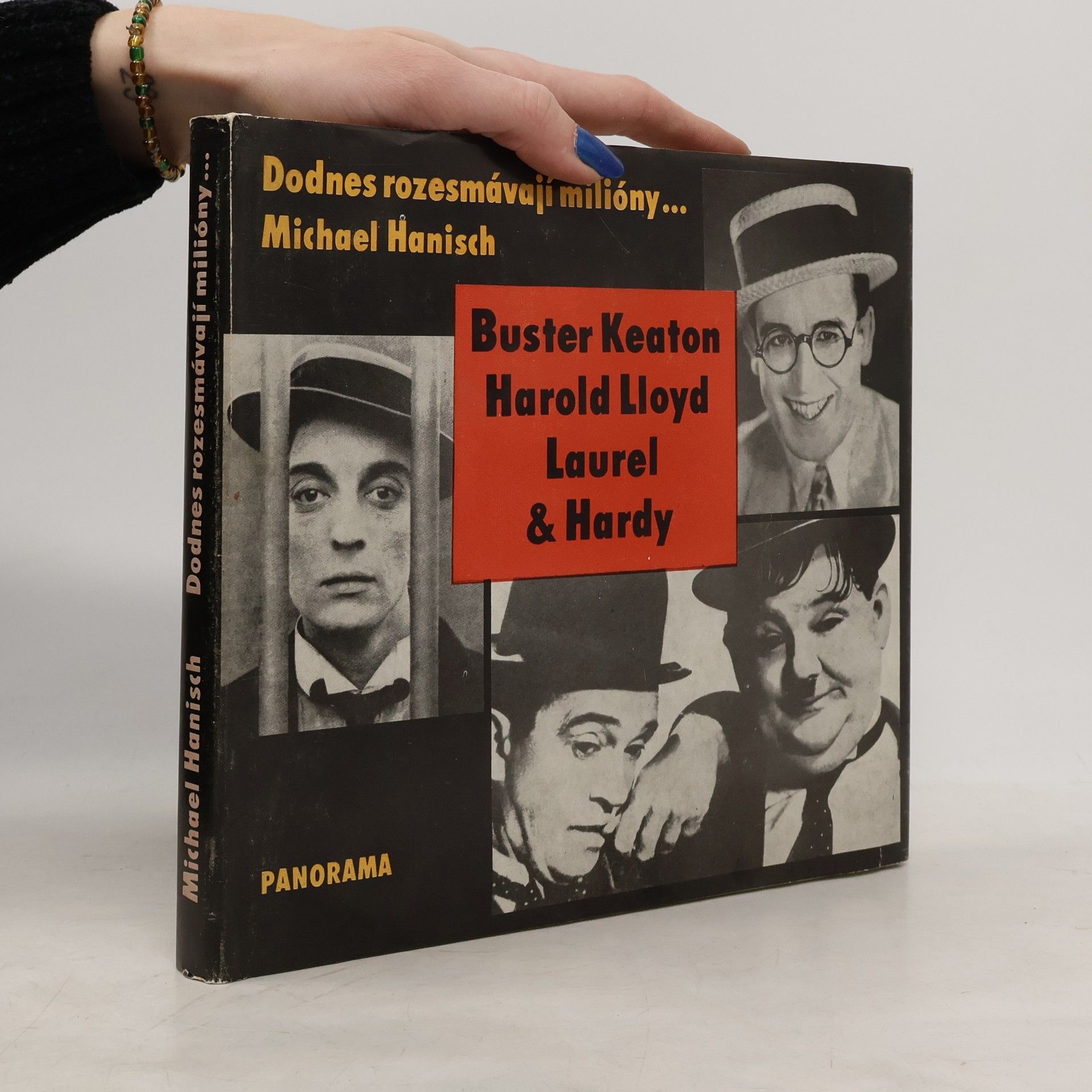
Ernst Lubitsch (1892 - 1947)
- 63 stránek
- 3 hodiny čtení
In Berlin drehte Ernst Lubitsch nach seinem Engagement bei Max Reinhardt die sehr bekannt gewordenen Filme „Madame Dubarry“, „Carmen“, „Die Puppe“ und „Anna Boleyn“. In der aufstrebenden Filmmetropole Hollywood avancierte Lubitsch nach 1921 schnell zum „Groß-Regisseur“ und errang mit Filmen wie „Die Ehe im Kreise“, „Liebesparade“, „Monte Carlo“, „Die lustige Witwe“, „Engel“ (mit Marlene Dietrich), „Eine Stunde mit dir“, „Ninotchka“ (mit Greta Garbo) und besonders „Sein oder Nichtsein“ Weltruhm. Als Lubitsch 1947 mitten in den Dreharbeiten zu „Die Frau im Hermelin“ starb, stand ganz Hollywood an seinem Sarg; ein Rabbi sprach das Kaddisch. Der französische Regie-Kollege François Truffaut bekannte später in großer Verehrung: „Im Lubitsch-Emmentaler ist jedes Loch genial“.
Western
- 429 stránek
- 16 hodin čtení
